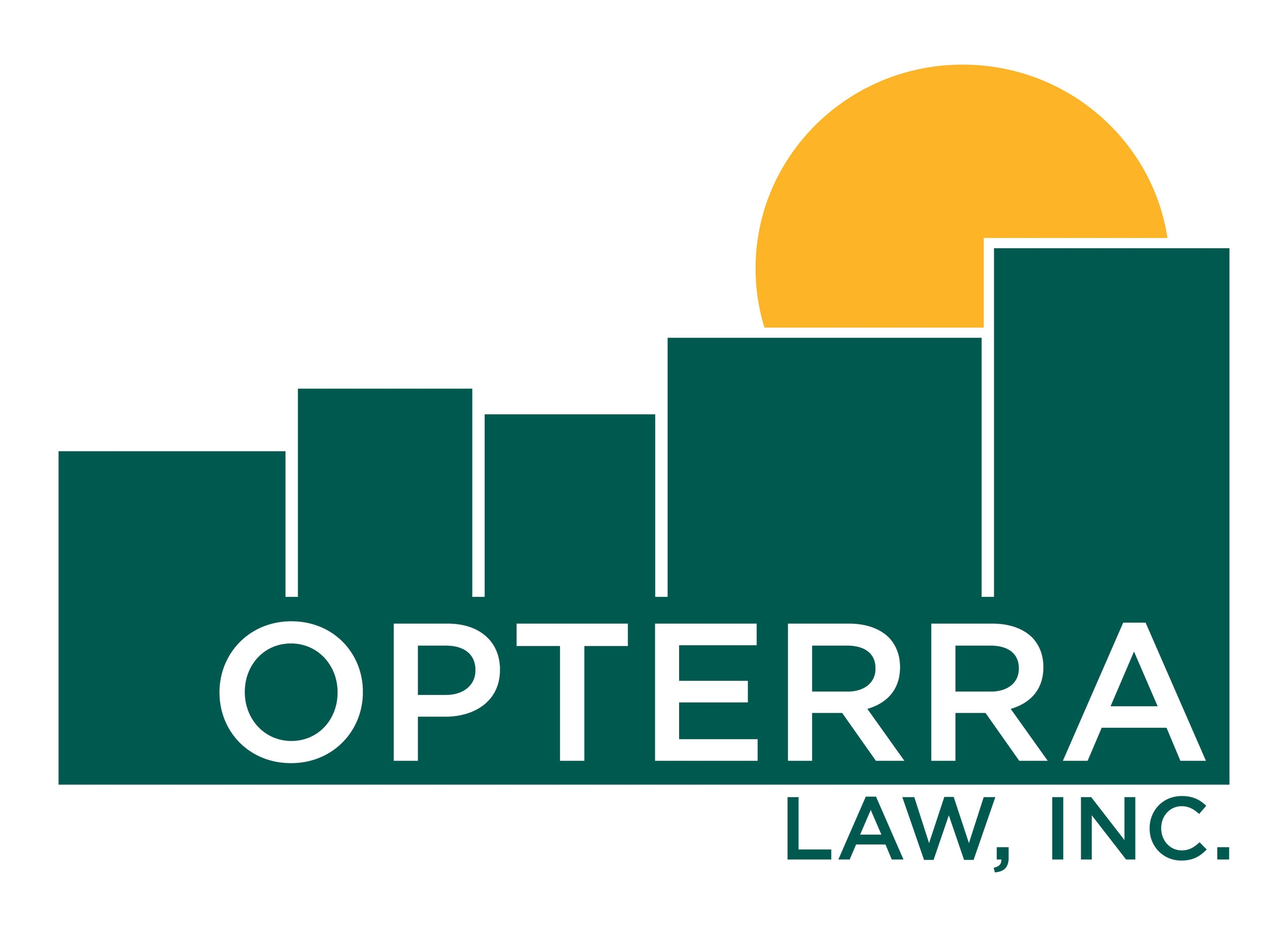1305 Ingraham v. City of Los Angeles: Housing Approvals Enjoy a Short, 90-day Statute of Limitations
A reminder that the statute of limitations to challenge a housing approval is short: 90 days under Government Code section 65009(c)(1).
In 1305 Ingraham v. City of Los Angeles, the Second Appellate District applied well-established principles of statutory interpretation to hold that the short, 90-day statute of limitations in Government Code section 65009(c)(1) applied to the approval of a mixed-use affordable housing project.
This case deals with what happens when there is a “glitch” in the administrative approval process—what statute of limitations applies? The City approved a mixed-use affordable housing project, which was challenged by an administrative appeal. Although the administrative appeal was set for hearing, the hearing never took place. The City nonetheless approved the project and posted a notice of determination. The developer moved forward with the project.
Nine months later, the appellant filed a petition challenging the project under CEQA. The developer demurred on the basis of CEQA’s 30-day statute of limitations. Appellant amended its petition to remove the CEQA claims and instead allege a violation of the City’s municipal code. The developer and City again demurred, on the basis of the 90-day statute of limitations in Government Code section 65009(c)(1). The trial court sustained the demurrer and appellant appealed, arguing that a 3-year statute of limitations under California Code of Civil Procedure section 338(a) applied.
The Second District applied the de novo standard of review and upheld the trial court’s decision that the action was time-barred. Per Stockton Citizens for Sensible Planning v. City of Stockton (2012) 210 Cal.App.4th 1484, 1491, the court began its analysis with the purpose of Government Code section 65009, which is to “reduce delays and restraints upon expeditiously completing housing projects” and “provide certainty for property owners and local governments.”
Against this statutory intent, the court looked at the plain language of Government Code section 65009(c)(1), which applies the 90-day statute of limitations to “the legislative body’s decision.” Appellants argued that since the City failed to hold a hearing, there had been no decision by a legislative body. Therefore, the 90-day statute of limitation did not apply. Quoting Honig v. San Francisco Planning Department, 127 Cal.App.4th 520, 527, the court refused to “enforce a literal interpretation of the enactment,” which would “produce[] an absurd result at odds with the legislative goal.”
Rather, since the Government Code does not define “decision,” the court looked instead to the City’s municipal code and its backstop provisions. The Municipal Code specifies what occurs when a body fails to act. In that scenario, the original administrative decision stands. This backstop provision eliminates the potential for “perpetual limbo.”
The appellants should have challenged the decision within 90 days. Their failure to do so was dispositive.
